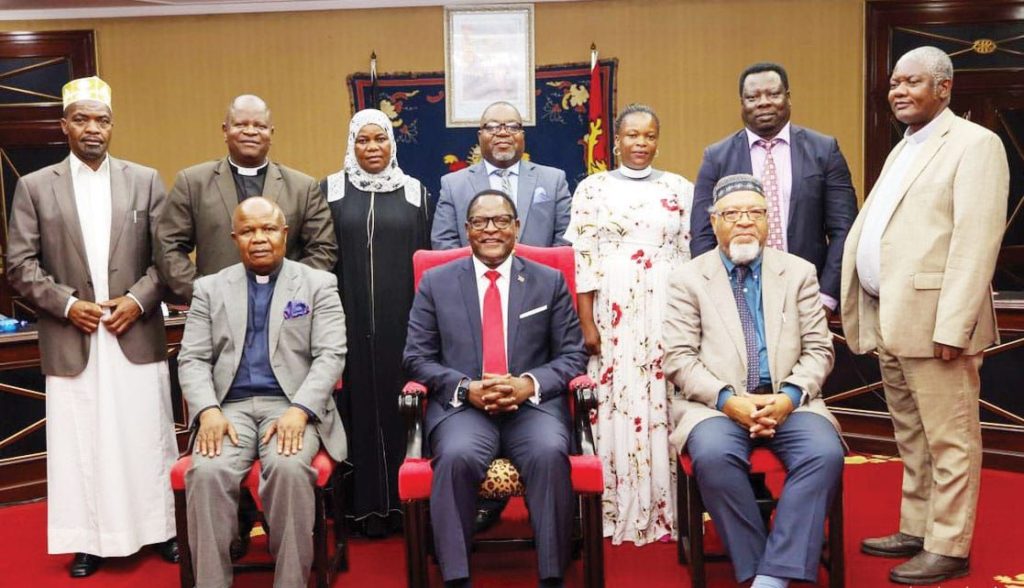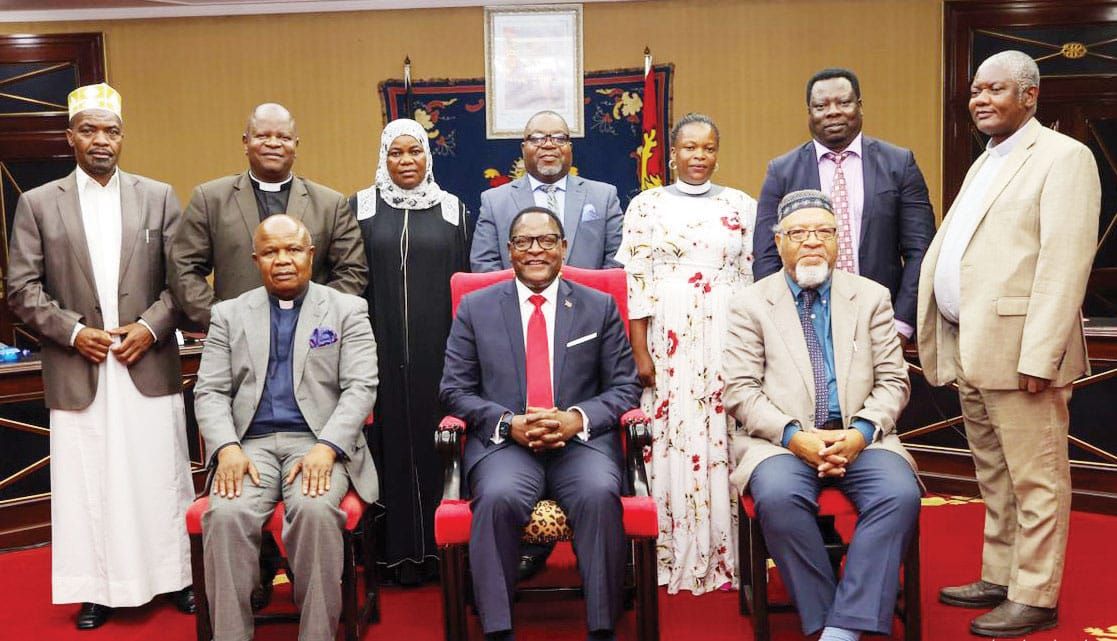By Twink Jones Gadama
In recent months, Malawi has witnessed a growing rift between political parties, specifically the Democratic Progressive Party (DPP) and the Malawi Congress Party (MCP).
This divide has caught the attention of the clergy, who, as respected members of society, feel compelled to advocate for democratic values and national unity.
However, this feature aims to shed light on the stand taken by the clergy, their concerns, and their call for the inclusion of expelled DPP members within the MCP.
Upholding Discipline and Regulation in Institutions
The clergy in Malawi assert that every institution, including the church, must abide by regulations to maintain order and discipline.
They point out that any violation of these regulations calls for appropriate disciplinary action, including the possibility of expulsion from an organization.
The clergy emphasize that these rules are necessary to uphold the integrity and values of any institution.
Embracing Freedom of Association in a Secular and Democratic State
Acknowledging that Malawi is a secular state, the clergy also highlight its democratic nature, which guarantees the freedom of association.
They underline that the church, like any other organization, depends on the government’s good policies to thrive.By doing so, they reiterate the significance of respecting both the secular and democratic principles of the country.

Advocating for Democratic Regime Change
The Pentecostal Council of Southern Africa, representing the clergy, expresses concern over what they perceive as a failure of the current Tonse Government to meet the needs of the Malawian people.
They argue that a democratic regime change is needed, suggesting that the opposition must reorganize itself and attempt to overthrow the government at the next election in 2025, through the ballot rather than through unlawful means.
Unease Over MCP’s Involvement in DPP Affairs
The clergy voice their concern and surprise at the MCP alleged interference in the internal affairs of the DPP, which is considered the “government in waiting.”
They claim that this interference and manipulation suggest an ulterior motive, with the MCP exploiting expelled DPP members to destabilize the party.
This perceived interference raises worries among the clergy and prompts them to release a press statement, demanding transparency and fair play.
The Call for Inclusion and Unity
Amid the prevailing political tensions, the clergy calls upon the MCP to embrace the expelled DPP members within their ranks.
They argue that inclusion and unity are essential for the well-being of the nation, as it fosters a sense of belonging and ensures a diverse representation of perspectives.
The clergy appeal to the MCP to prioritize the interests of the country above partisan politics and extend a welcoming hand to their former adversaries.
Prayers for the Nation and Reminders for the President
Concluding their stance, the clergy urge Malawians to continue praying for the country’s betterment.
They emphasize the importance of spiritual intervention to address the alleged oppression faced by the people under the MCP-led government.
Furthermore, they request divine guidance for their president, encouraging him to adhere to his promises and fulfill his duties in serving the nation effectively.
Conclusion
The clergy in Malawi play a significant role in advocating for democratic values, unity, and national well-being.
By speaking out against interference in political affairs, calling for the inclusion of expelled members, and urging prayers for the nation, they stress the importance of upholding democratic principles while emphasizing the power of unity for a prosperous Malawi.
It is through the collective efforts of society, government,and the clergy that the country can achieve true progress and unity.



